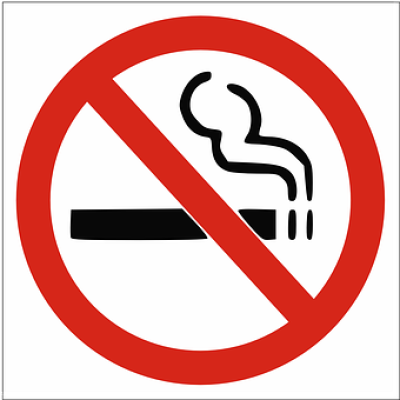In last week’s article, “It’s My Strata and I’ll Smoke if I want to”, we started looking at the British Columbia Human Rights Tribunal case of Bowker v. Strata Plan NWS 2539. The case involved a militant smoker (LR) in a condominium unit. Directly above her lived Ms. Bowker, a woman with pulmonary fibrosis. Mr. Bowker filed a human rights claim, complaining about second hand smoke from LR’s apartment.
She brought her complaint under section 8 of the B.C. Human Rights Code (the Code). It states:
8(1) A person must not without bona fide and reasonable justification,
(a) deny to a person or class of persons any accommodation, service or facility customarily available to the public, or
(b) discriminate against a person or class of persons regarding any accommodation, service or facility customarily available to the public because of the … physical or mental disability … of that person ….
The dispute focused on whether the Strata council adequately accommodated Ms. Bowker’s disability. If it had accommodated her to the point of undue hardship, it would have a defense.
The Tribunal noted that accommodation required the Strata to take all reasonable and practical steps to remove or mitigate the disability‐related adverse impacts on Ms. Bowker.
The Strata argued that doing more would amount to undue hardship. However, it failed to provide evidence of this.
Ms. Bowker argued that the Strata failed to reasonably accommodate her because it was not serious, was not respectful and delayed taking action.
Previous Human Rights Tribunal decisions state that Stratas must take “a serious and rigorous approach to complaints related to smoking.”
The Tribunal observed that “fear of reprisal from neighbours who feel sovereignty in their homes and … may be a significant barrier for people with disabilities who require accommodation.”
The Strata failed to educate itself of its legal responsibilities. Instead, it regarded a non-smoking bylaw as a lifestyle choice rather than a way of meeting its legal obligations.
Even if the Strata eventually accommodated Ms. Bowker, it remained liable for its delay in doing so. For at least a full year. Ms. Bowker had to experience the effects of its lack of action. She endured inappropriate remarks and felt ostracized. The Strata council failed to defend her or support her.
The Tribunal observed that “what we do within our own homes is curtailed in a variety of ways already, more so in a shared living environment such as a strata.” Fire Code regulations, noise bylaws and pet bylaws, for example, already restrict our actions. Adopting a smoking bylaw was “low hanging fruit” that would have allowed the strata to act. It failed to demonstrate that this would have amounted to undue hardship.
If LR had a nicotine addiction, then the Strata may also be required to accommodate LR. However, it observed that “while a person addicted to nicotine may be able to go outside of their unit to smoke, a person with a smoke-sensitive disability cannot be expected to go outside to safely breathe.”
The conclusion was that the Strata failed to accommodate Ms. Bowker to the point of undue hardship.
For an extended time, she was prevented from enjoying a regular existence within the confines of her home. Her disability was exacerbated. Her mental state was negatively impacted.
The Tribunal also observed that taking legal proceedings against the smoker did not “vitiate the Strata’s obligation to accommodate Ms. Bowker to the point of undue hardship.”
The Tribunal declined to direct the Strata to implement a non-smoking bylaw, but ordered it to stop contravening the Code. It stated that “the ultimate goal is for Ms. Bowker to be able to live a relatively normal life in her unit without cigarette smoke adversely affecting her health.” Ms. Bowker was “not to be left enduring a persistent adverse health impact in her home.”
The Tribunal stated that it remains seized of the matter, and the parties could return if necessary for further adjudication.
This case illustrates some lessons. Be aware of your rights and obligations under human rights legislation. Act quickly, respectfully and responsibly when a possible human rights issue arises.
Non-smokers, look into your rights. Smokers, consider smoking outside!
You may be interested in Part 1 of this article: “It’s My Strata, And I’ll Smoke If I Want To” – Part 1
This is a modified version of an article that is appearing in the Kelowna Daily Courier, the Kelowna Capital News and other online publications on or about July 19, 2019. The content of this article is intended to provide very general thoughts and general information, not to provide legal advice. Advice from an experienced legal professional should be sought about your specific circumstances. If you would like to reach us, we may be reached at 250-764-7710 or info@inspirelaw.ca.
